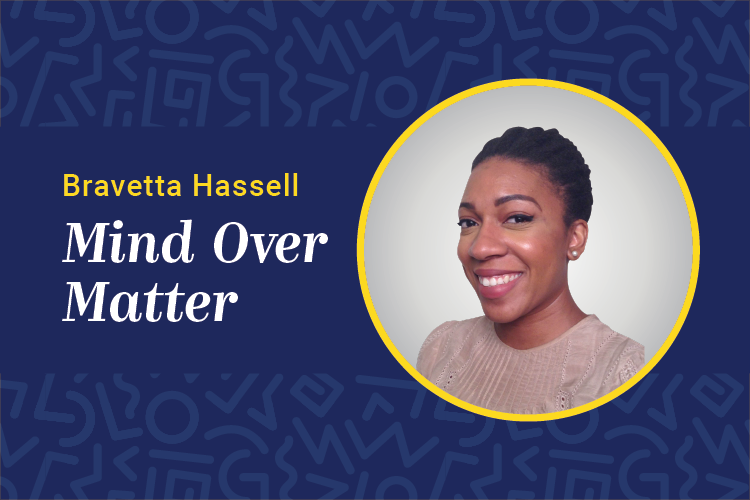While an abundance of data can speak to the value of hard leadership skills, executive and leadership coach Rosalie Chamberlain said the absence of dollars-and-cents evidence to support what she calls conscious leadership shouldn’t be discounted. If organizations want to be successful they have to foster an environment of inclusion. She said such behaviors promote engagement and motivation and, as a result, innovation.
“First and foremost, it’s a self-awareness and being able to understand how you show up as a leader and the impact you’re having in many respects,” said Chamberlain, who is also an organizational inclusion consultant. “We’re all leaders, whether we’re leading an entire organization or a team, our own career or a family or a community. How effectively we lead is absolutely critical.”
Today especially, the role of leader is changing and generational shifts in the workforce require a reevaluation of organizational culture, she said. Leaders in name only just won’t cut it. As new talent arrives in companies, they want compelling careers, development and the opportunity to make a contribution. Organizational culture and leadership have to be ready to support those values.
Chamberlain, the author of “Conscious Leadership in the Workplace,” recently spoke with Chief Learning Officer about the importance of conscious leadership and how the learning function can promote it across all levels in an organization.
How would you describe a ‘conscious’ leader?
These are leaders who are aware of themselves and others. They’re team players, very collaborative, very focused and very inclusive. They have character traits that we as individuals want to have as well. They naturally lead well, and people follow them. People are inspired and motivated by them.

That company builds a reputation. It really impacts the ability to attract, retain and develop talent. It’s pretty competitive out there, especially in some industries, and if word on the street is that this is the place where you have the opportunity to succeed, that makes a big difference in who you’re able to attract. You have to make sure you’re providing that culture.
This is the individual’s responsibility as well as the organization’s responsibility. Companies with a learning culture, progressive and looking for ways to be innovative and include the individuals within that organization as part of it, are the ones that are going to have more perspective, more ideas and more opportunities to come up with better outcomes and products.
You said that culture change has to come from the top, that this consciousness has to be a developed. How can the learning function support self-awareness development?
There has to be the ability to look at how well we are doing, ‘Where do we want to go and how are we going to get there?’ And if there are gaps, we have to address those gaps. There also has to be a commitment to provide development or at least the opportunity for development. There needs to be open communication, goal setting and different types of skill development. Coaching has to be for development, not just coaching for negative behavior.
There are different programs and assessments that help build self-awareness and collaboration on teams, and one of the ways it shows up that is very important is through promoting an inclusive meeting procedure that is inviting and engages everyone to speak up and contribute. If someone isn’t speaking up, why? Managers may never know the reason, but it’s another place to check in and see what is happening. Do people really feel like they’ve been heard and listened to?
I also believe we have to look at unconscious and conscious bias. That is where we’re either being inclusive or we’re not. I start my workshops off with ‘We all have biases. It’s not a matter of if we do, it’s which ones are ours.’ An interesting thing about bias is we often have them about others, but biases about ourselves and about others hold us back. So, employees feeling comfortable and knowing that what they share is a valuable contribution is huge. If you’re not aware of the biases you have, you’re not aware of the impact they’re going to make.
What’s at stake?
If the talent in your organization does not feel included, that they have an opportunity to succeed and contribute, they’ll go somewhere else. You either have someone whose there and not fully contributing or you have someone walk out the door.
Bravetta Hassell is a Chief Learning Officer associate editor. Comment below, or email editor@clomedia.com.















